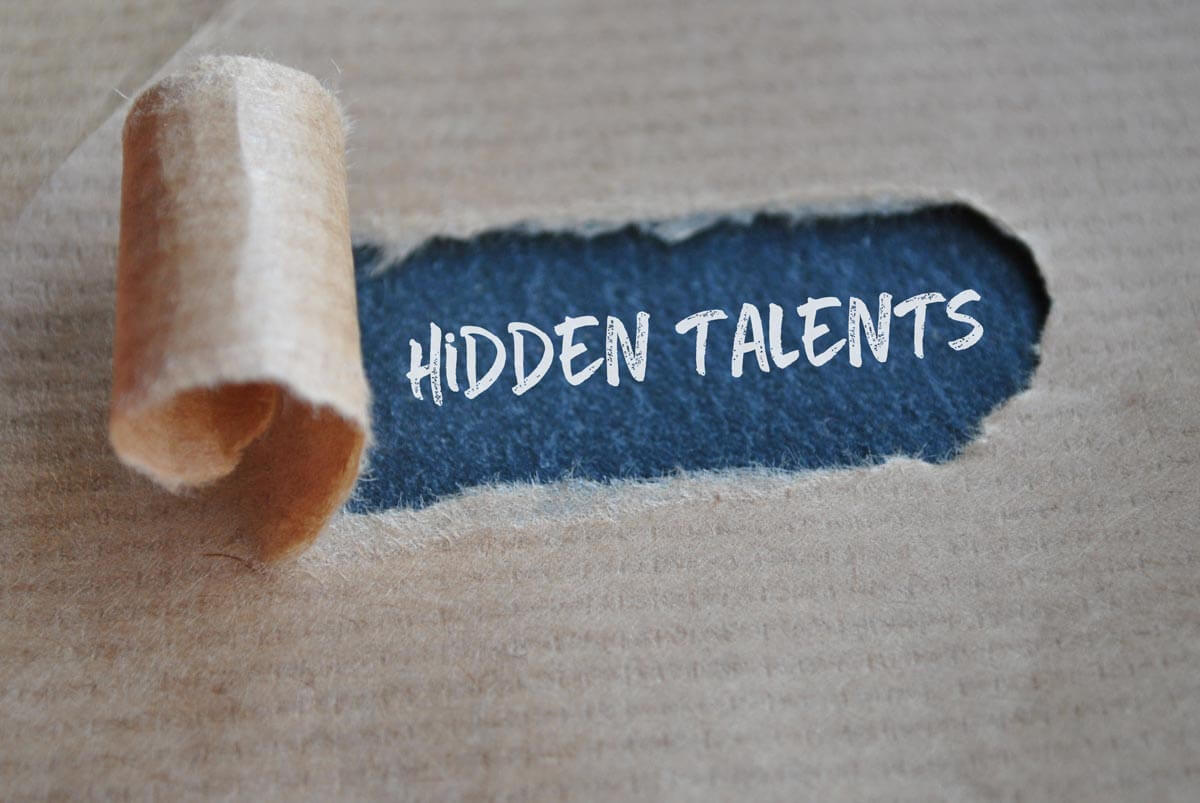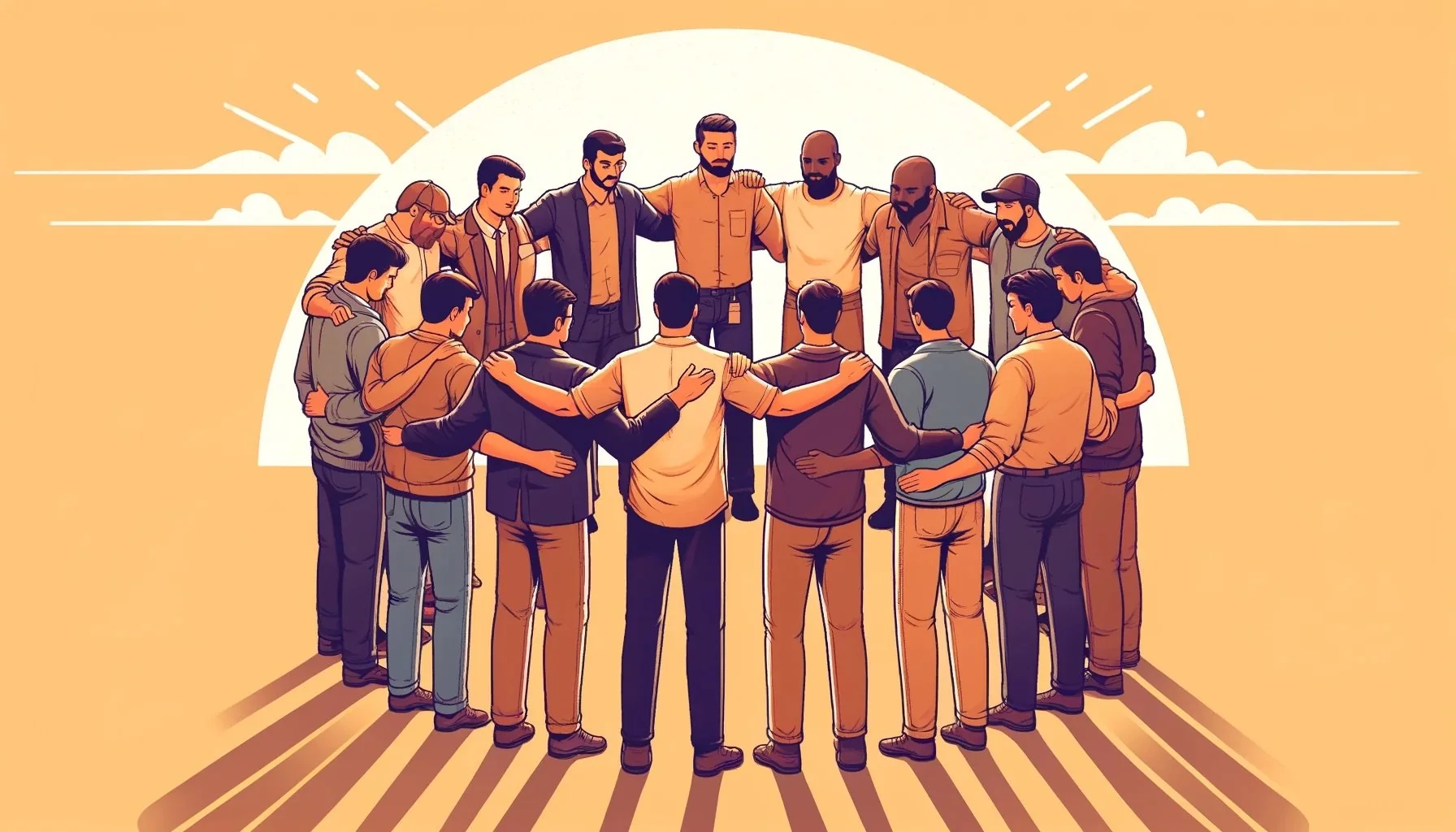Sometimes, life catches us by surprise and propels us into the pool of uncertainty to face our challenges in ways we could not have possibly envisioned. We falter, then learn to cope, and when we finally reemerge, we often find ourselves carrying with us a strength or skill we did not know we had inside. There is an unusual magic in discomfort: being able to dig into, draw out talents hidden when we are pushed beyond the familiar threshold. Yet it is in precisely these moments of discomfort that the greatest potential for growth and creativity lies. Instinctively, most of us pull back from it, holding on instead to what is safe and predictable. What if, however, we welcomed these challenges? What if we framed uncomfortable moments as opportunities to tap into our unrealized capacities? What unseen resources might we uncover?
This journey will be deep-diving into why discomfort is the good fuel that grows one: how it allows them to find those talents they never knew existed, and accepting those would be a strong way of coming out toward self-discovery. Personal growth will be discussed here, and some real-life examples of stimulating stories ringing with authenticity will be shared; where actionable steps can be taken to get you comfortable with being uncomfortable. Let’s unlock those unseen strengths together.
The Comfort Zone Trap
Comfort is very appealing; it’s safe, it’s familiar, and it puts us in a place of control about our life. In the comfort zone, we know what will happen next, and thereby we will be able to conduct everyday life without major risks. It’s not a preference; it’s actually an innate response to our biology. Our brains are wired to move away from a threat-a survival mechanism when unfamiliar situations too often signaled danger. For our ancestors, it was a question of survival: sticking to the known and predictable guaranteed staying alive.
In our world, where most of these new experiences do not invite physical dangers of some sort, this avoidance instinctively becomes a huge limitation. All avoiding discomfort may save us from anxiety or fear in the short term, but it all too often means missed opportunities in the long run. In particular, if we do not do anything that brings discomfort to ourselves, then we only can develop those talents and abilities which are easy for us to develop, while perhaps more remarkable ones remain hidden. It is only by reframing discomfort as opportunity instead of threat that we can unlock these hidden abilities.
Why Discomfort Matters in Discovering Hidden Talents
Discomfort can be a very strong teacher of self-discovery for a number of reasons. Every time it strikes, we are always at a crossroads: we need to adapt and find a solution to the problem or readjust our way of approaching life. How it can lead us to uncover our unseen strengths includes strengthening our resilience and mental fortitude.
1. Strengthening Resilience and Mental Fortitude
Resilience is built when situations that make us uncomfortable are confronted. Every new challenge we deal with stretches our capacity to manage stress, solve problems, and adapt. Resilience is a quality compounded over time; each experience adds one layer of mental strength to us. Repeatedly facing discomfort often exposes us to inner resources we had overlooked-our ability to be patient, persist, or adapt.
2. Therapy Fosters Creativity
Comfort means repetition and routine, sticking with what has worked before. Discomfort pushes us out of such grooves. The familiar methods do not apply in uncomfortable situations, and this nudges us to think differently. The need to approach problems creatively may therefore reveal surprising abilities, such as a knack for innovation, an artistic talent, or a talent for finding solutions in unconventional ways.
3. Discovering Hidden Talents
It often operates in our interests, circling and familiarizing us. The moment we step out of it, we come across experiences we might never have looked for. Perhaps trying a new activity, being with people not quite like those we are used to, can be an introduction of discomfort to hobbies, passions, or interests that really align. Such discoveries can unlock talents we didn’t even know we had or reconnect us with parts of ourselves we never knew existed.
4. Gaining More Confidence
Confidence is not just a feeling; it’s the faith in our capability to deal with whatever comes up. Each time we feel uncomfortable and survive, we develop beliefs of our competence and resilience. Gradually, we build a comfort zone that enables us to take on even more major challenges sometime in the future and build a stronger self.
Pushing the Comfort Zone: Real-Life Growth Stories
To truly discover your hidden strengths, you must stop making excuses and push beyond your comfort zone; it’s in those moments of discomfort that your untapped potential comes to light. Discomfort has unleashed hidden strengths in many people who dared to step out from their comfort zones. Following are a few inspiring stories:
- Sarah, the Shy Leader: Sarah was one of those quiet, unassuming employees who got pushed into a temporary leadership role when her team leader left. She admitted to being terrified, but she tried anyway. When leading her team, she found a natural talent for keeping people organized and motivated, changing her from a quiet worker to a well-respected team leader-a mantle she now carries with confidence.
- Kevin, the Reluctant Runner: Kevin had never described himself as athletic and avoided any such physical activities whenever he could. Yet on a whim, he signed up for a 10K charity run. The training was grueling, and he questioned his choice countless times. Yet as he pushed through, he discovered an enduring love of running and an inner endurance that he did not know he possessed. That personal challenge evolved into a lifelong passion, and today Kevin runs marathons.
- Lisa, the Nervous Speaker: Public speaking was one of Lisa’s greatest fears. Being asked by her job to present her ideas in front of her team almost paralyzed her with anxiety. But she did it with poise through practice and determination. This not only helped her get over her fear but highlighted a natural gift for motivating and engaging others. Today, Lisa speaks at conferences and teaches others the art of public speaking.
These stories show that as much as discomfort may overwhelm at an initial stage, it actually opens up many strengths and talents that we probably wouldn’t have found out about.
Discover Your Hidden Talent by Stepping Out of Your Comfort Zone
If you’re ready to start this process of discovering your hidden strengths, here are a few tips on how to get out of your comfort zone:
1. Start Small
Begin to take baby steps in areas where it feels quite awkward for you, whether it’s making conversation with someone new or taking up a different workout. These little experiences build confidence and help you gradually increase your capacity toward bigger challenges.
2. Set Stretch Goals
Stretch goals are achievable goals that nevertheless threaten a little, such as giving a presentation to a small group when public speaking is intimidating. Setting goals just outside of comfort zones pushes you to challenge yourself without overwhelming yourself.
3. Reflect on the Experience
Every time you go through a tough time, reflect on what you learned and how you got through it. In fact, keeping a journal will be very helpful in recognizing strengths and lessons learned from any experience, making it much easier to find your hidden talents.
4. Reframe Thinking about Discomfort
Instead of fearing discomfort, allow yourself to view it as an opportunity for growth. When one reframes uncomfortable moments as a way to learn about themselves, they find themselves approaching these situations with curiosity and an open mind instead of trepidation.
5. Accept Setbacks as Part of the Process
Not everything that one tries will work. Setbacks are a part of growth, and it often carries so much knowledge with them. Learning from those moments further strengthened resilience and demarcated those areas where one may still need to get better.
Understanding the Science: Discomfort and Learning
Discomfort plays its role in personal growth, and research supports this truism. For one, discomfort turns on parts of the brain implicated in learning; it makes us more alert and receptive to new knowledge. This concept, referred to as “desirable difficulty,” postulates that obstacles create deeper learning and flexibility. The process of having more unusual experiences rewires the brain for resilience, better positioning us to deal with future challenges.
Discomfort as a Pathway to Self-Discovery
Embracing discomfort doesn’t necessarily translate to seeking hardship, but rather realizing that very often, those uneasy moments are where growth occurs. By opening ourselves up to the guide of discomfort rather than an obstacle, we open doors for a lot more complex self-empowerment and personal development. Next time you find yourself in an uncomfortable position, try stopping for a second and reflecting on the possibilities. What new strength or talent will this test develop? In fact, it is the things we shy away from that hold the key to finding a more confident, capable, and authentic version of ourselves. With each step outside of the comfort zone, you extend your capabilities and redefine what is possible. Embracing discomfort could be the start of discovering the talents and strengths you never knew you had and opening yourself up to a more meaningful and purposeful life.






